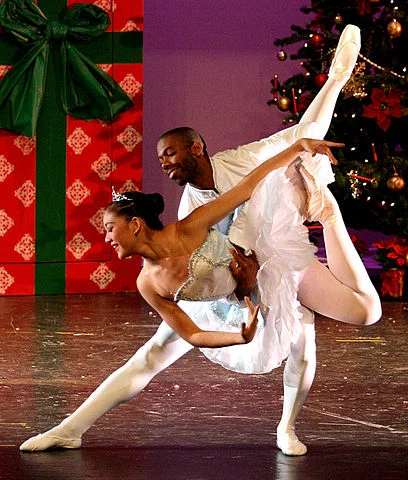When people call my music school inquiring about lessons for adults, they often wonder in all sincerity if it’s even possible for them to learn. “I’m thirty-two. Is it too late for me to learn how to play the piano?”
Whenever I’m asked a question like this, I jokingly tell respond that they should’ve called a week earlier, and now it’s too late.
People get the “too late” idea from a misinterpretation of the research that shows that from the birth to age six, human beings have a much higher capacity for absorbing language and music. It’s during this time that children actually develop not only skill and knowledge in these areas, but the aptitude itself. In other words, they it’s not so much their ability but their potential ability that’s increasing. A child who has a lot of exposure to music during their formative years, then, will have increased potential in music as an adult.
Read More







